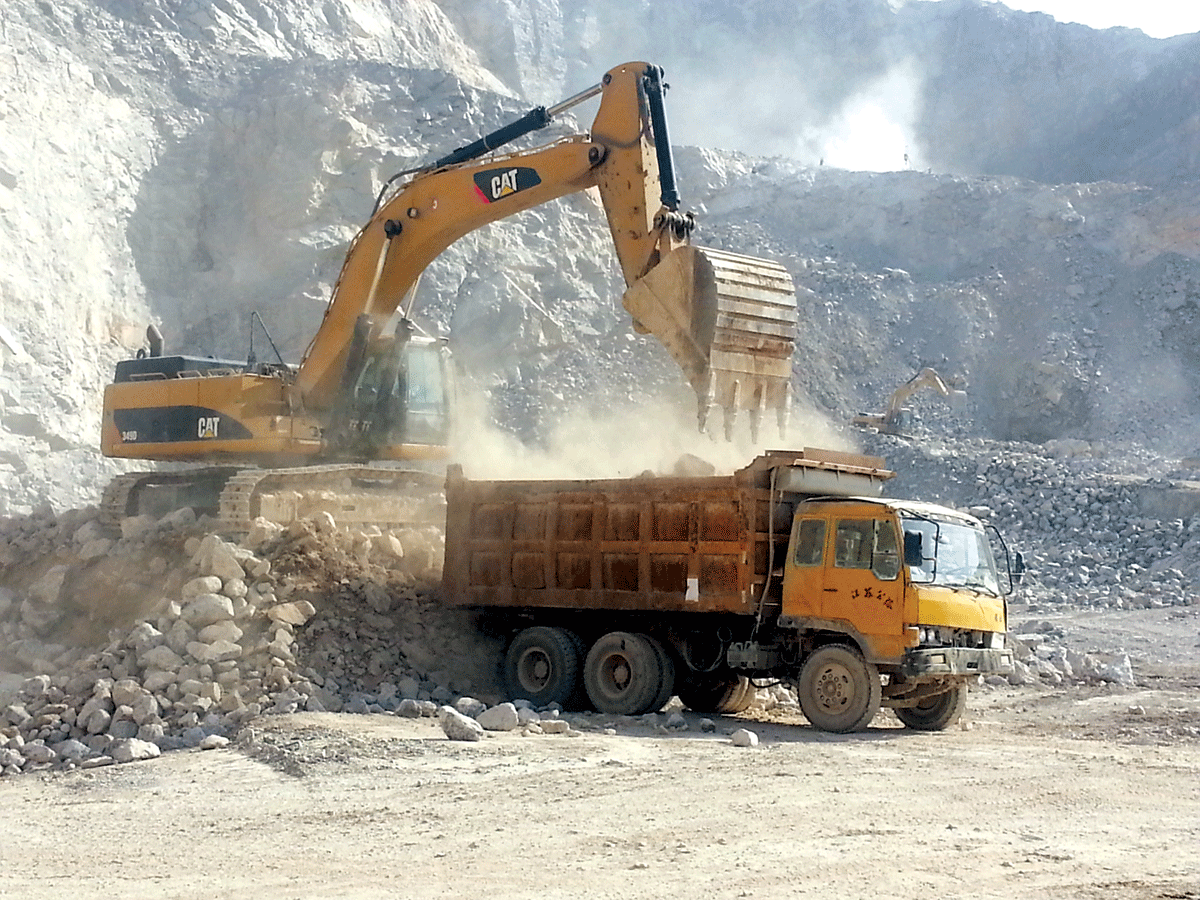A construction project where nothing goes wrong: we wish it to every client.
A construction dispute in court: we wish it to no one.
The disadvantages of court proceedings are often enhanced in construction disputes. A court case in which multiple participants in the construction process are involved (e.g. the owner, the main contractor, the architect, the structural engineer, a number of subcontractors...) shall invariably result in years of litigation.
Usually the matter starts with summary proceedings in which the court will appoint an expert. A lapse of several years between the original writ of summons and the filing of the final report of the expert, is unfortunately very common. Then the proceedings on the merits have not even been begun with... If there are ambiguities in the expert report, a supplementary report becomes unavoidable, not to mention all kinds of incidents on jurisdiction, translation of exhibits, etc. When finally a judgment on the merits of the case has been reached, the whole proceedings can start all over again before the Court of Appeal...
Just like the disadvantages of court proceedings are enlarged in construction disputes, the advantages of arbitration are equally enhanced in construction disputes.
In construction cases (except for smaller projects) we work with a panel of three arbitrators or, if necessary (e.g. in case of numerous problems in several fields) and for large projects (+10 M€), five arbitrators. The president of the arbitral tribunal always has a legal background, but the other arbitrators are either lawyers or specialists in the issues at stake. This way the construction specialist does not have to draft a lengthy report just in order to explain to a court what the matter is about.
The specialist is simply part of the arbitral tribunal, which entails substantial savings (both financially and time-wise).
At the earliest possible stage of the arbitral proceedings, a site visit is organized.
The construction specialist attempts to reconcile the parties. If the cause and solution of the problem quickly become apparent for the construction specialist, he may immediately communicate about possible solutions with the parties. Since the construction specialist is part of the arbitral tribunal (and has an important opinion about technical issues within his field of expertise), the parties very often reach an amicable solution in such a case. If, on the other hand, a mediation attempt is unsuccessful, the proceedings continue like arbitration proceedings. The parties have the certainty that a solution shall be given to the dispute (which is not the case in standard mediations), but at a pace that would be inconceivable in court proceedings.
Since the procedure is much faster than in court, costs are significantly lower.
For smaller projects, we work with an arbitral tribunal composed of one arbitrator, who shall, if necessary, be assisted by a construction specialist.
In construction disputes the so-called mini-trial can be a good choice: a board composed of an independent third party, in addition to members of the management of both parties, works out a solution which is equivalent to an amicable settlement.
For large projects, we also provide the formula of “on the spot” conflict resolution, which may take the form of a permanent availability of a mediator / arbitrator, to full-time presence of a mediator / arbitrator at the construction site.
In order to avoid time-consuming and expensive procedural battles in court, all one has to do is to make a habit of using the CEDIRES arbitration clause in any contract and in all order forms or terms and conditions.
If the CEDIRES arbitration clause was not used in the contract, but all parties agree to submit the dispute to arbitration, it suffices to enter into an arbitration agreement.
The time and money saved by avoiding court proceedings, thanks to the choice of arbitration, can be used for constructive purposes.




